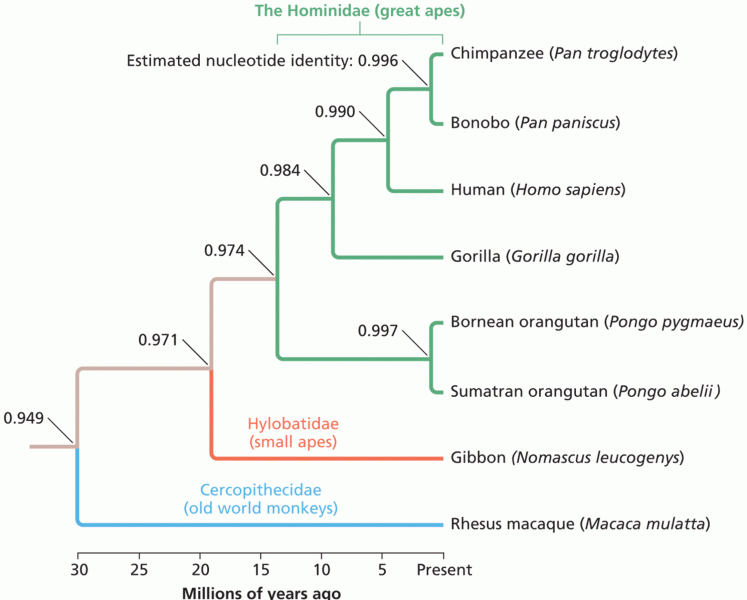|
|
|
Many supplement containers do not even contain what their labels say. There are many documented reports of products containing much less, or more, that what is listed on their labels. They may also contain undisclosed prescription drugs and even contaminants.
Illicit drug use costs the United States approximately $181 billion every year.
According to research, pregnant women tend to eat more if carrying a baby boy. Male fetuses may secrete a chemical that stimulates their mothers to step up her energy intake.
According to the American College of Allergy, Asthma & Immunology, more than 50 million Americans have some kind of food allergy. Food allergies affect between 4 and 6% of children, and 4% of adults, according to the CDC. The most common food allergies include shellfish, peanuts, walnuts, fish, eggs, milk, and soy.
The first war in which wide-scale use of anesthetics occurred was the Civil War, and 80% of all wounds were in the extremities.
 The four ways in which animals exchange heat with the environment are radiation, evaporation, convec
The four ways in which animals exchange heat with the environment are radiation, evaporation, convec
 L. Frank Baum, author of The Wonderful Wizard of Oz (1900) and a fan of William Jennings Bryan, perh
L. Frank Baum, author of The Wonderful Wizard of Oz (1900) and a fan of William Jennings Bryan, perh
 What emotions are these people expressing? Are these emotions global? Is their way of expressing ...
What emotions are these people expressing? Are these emotions global? Is their way of expressing ...




